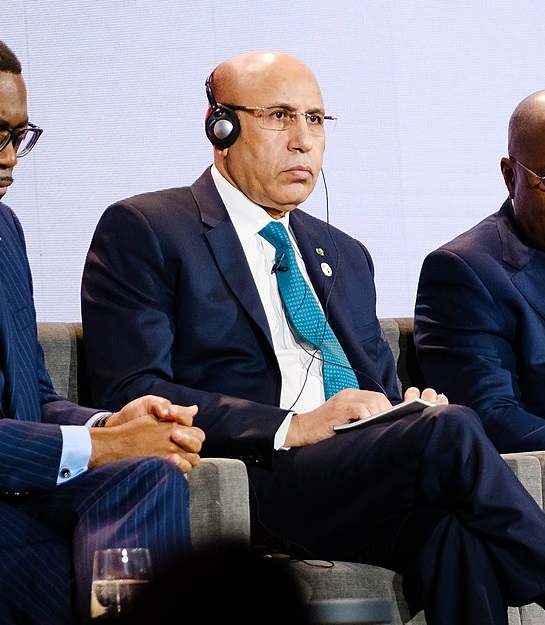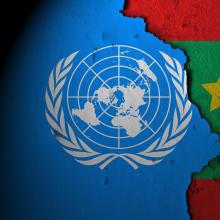November 12, 2020
Lire la page en français
On the occasion of the sixtieth anniversary of the independence of Mauritania on 28 November 2020, the Cadre de Concertation des Rescapés Mauritaniens en Europe et aux Etats Unis (CCRM-E/USA) and its member organisations launch an urgent appeal for the settlement of the period commonly referred to as “Passif humanitaire”, a euphemistic term referring to the massive human rights violations (i.e. extrajudicial executions, torture, deportations etc.) against the Afro-Mauritanian populations between 1986 and 1992. Attempts by all the regimes that succeeded one anotherto address these crimes have fallen short of the demands made by victims’ associations and the complaints lodged before domestic courts by the martyrs’ rights holders and torturesurvivors have yielded no results.
Since its independence, Mauritania was marked by discriminatory policies that have gradually excluded the black population from the reins of the state. This exclusion took violent forms, particularly between 1986 and 1992, when the Afro-Mauritanian populations experienced serious human rights violations. In particular, over 500 soldiers were summarily executed. These abuses reached their peakduring the night of 27-28 November 1990, when 28 detainees were executed in Inal during the country's celebration of its national independence. This date became for us a day of mourning in MEMORY of the martyrs.
These pogroms, carried out with the intent to destroy, in whole or in part, a “national, ethnic, racial group”, constitute acts of genocide within the meaning of Article 2 of the United Nations Convention on the Punishment of Crimes of Genocide of 9 December 1948. They thus fall within the scope of the Convention on the Non-Applicability of Statutory Limitations to War Crimes and Crimes against Humanity of 26 November 1968.
The amnesty law No. 93-23 of 14 June 1993 ̶adopted by the National Assembly, which was then tied to a government that was itself an accomplice of those responsible for the abuses ̶lead to the inadmissibility of the complaints lodged domestically between 1991 and 1992. As domestic remedies were ineffective, the beneficiaries and the victims had no choice but to resort to international human rights institutions. Both the African Commission on Human and Peoples' Rights and United Nations mechanisms concluded that the 1993 amnesty law was not compliant with international law.
In July 2019 and June 2020, the UN Human Rights Committee[1] and seven special procedures mandate holders[2] urged Mauritania to (i) take allnecessary steps to definitively resolve the humanitarian consequences of the events of 1989 to 1991, in particular by repealing Act No. 93-23 in order to establish the facts of the offences, prosecute and appropriately punish those responsible and award full reparation to all the victims and their beneficiaries, (ii) take measures to find the disappeared persons, indicate whether the government plans public policies to provide information on the mandate of the future Truth and Reconciliation Commission, its working methods, as well as the special tribunals to deal with cases relating to transitional justice.
The CCRM-E/USA, its member organisations, the martyrs’ rights holders, survivors of torture and other inhuman and degrading treatment, and MENA Rights Group call on the President Mr Mohamed Cheikh Mohamed ould Ghazouani and his government to consider the resolution of the “Passif humanitaire”as a matter of national priority by taking all the necessary measures to address past violations.
To this end, we urge you to:
- Repeal amnesty law No. 23-93;
- Conduct thorough investigations into violations committed during the “Passif humanitaire”, in particular in relation to enforced disappearance, torture, and violations of the right to life;
- Prosecute any person allegedly responsible for these violations, to bring them to trial and to impose an appropriate sentence;
- Organise the return of deportees who are still living in Senegal and Mali while guarantying the respect of their human rights;
- To all victims and their beneficiaries, provide full and complete reparation measuresthat are proportional to the gravity of the violations and the harm suffered.
We urge all organisations and individuals who are concerned about justice to support this call for justice by signing the petition. The human rights NGO MENA Rights Group supports the initiative undertaken by the signatories of the present letter.
The petition is available here.






